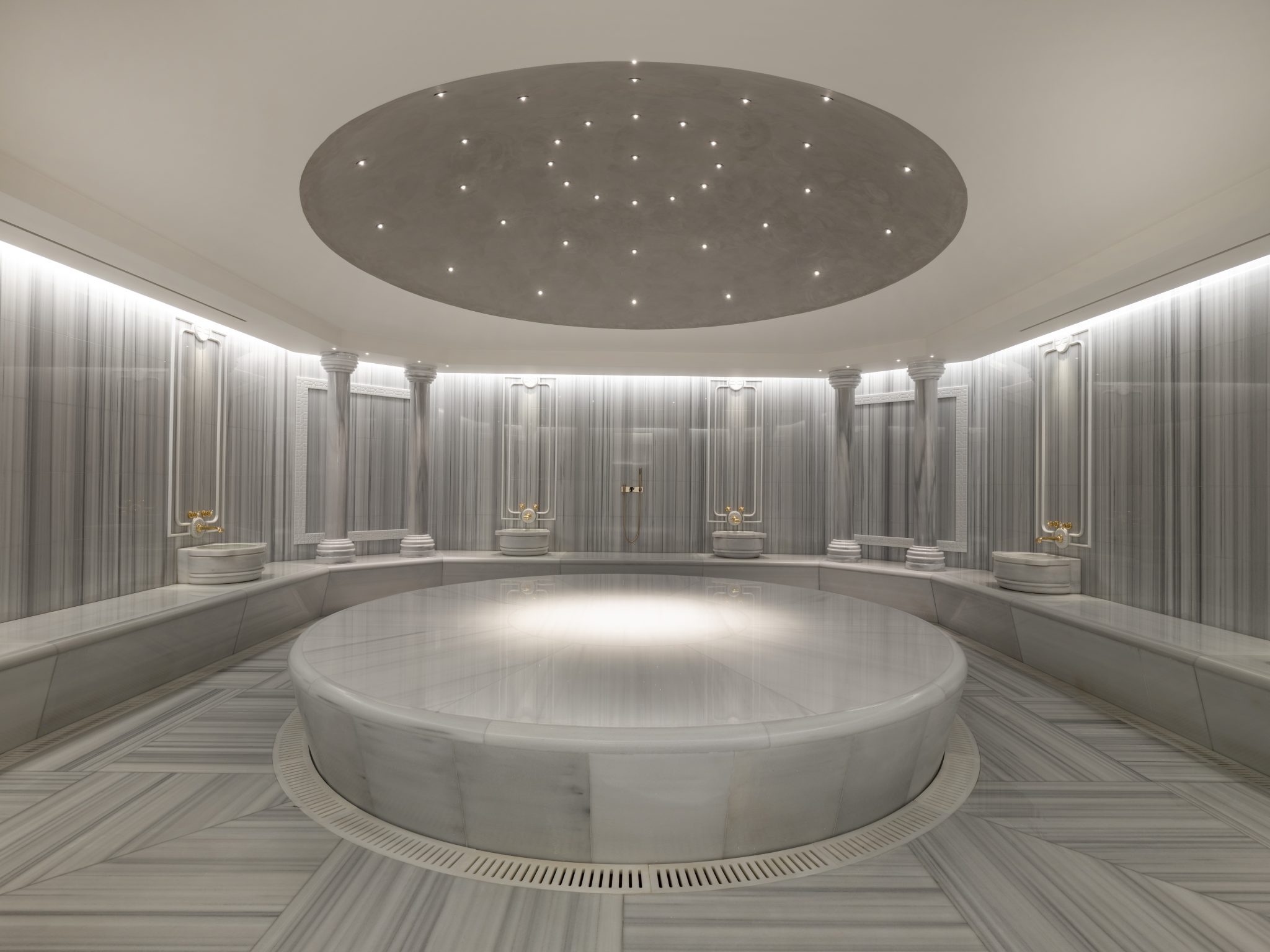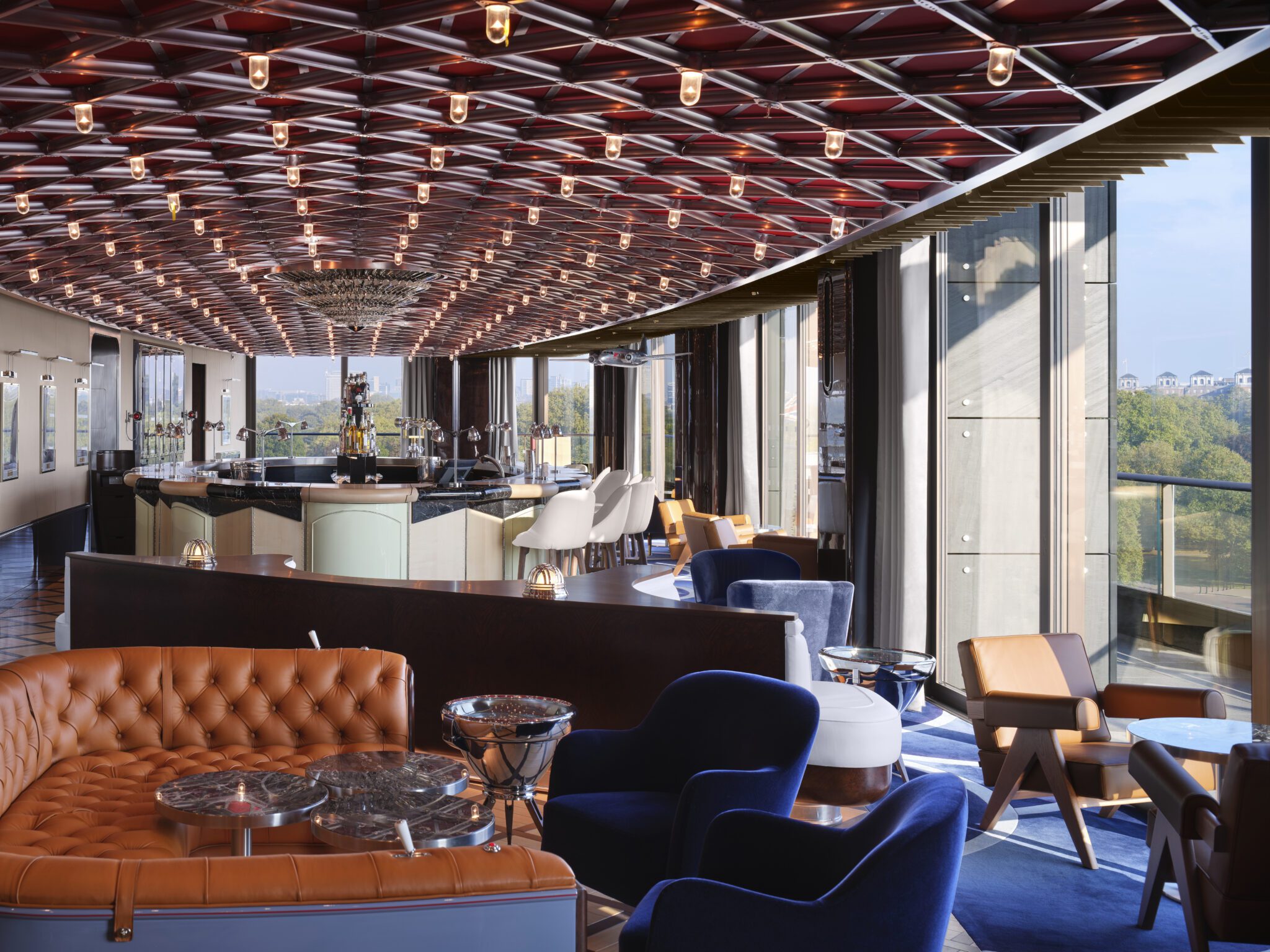Skift Take
Peninsula has taken a slow, thoughful approach to expansion as other brands stamp out luxury hotels like razor blades. Key to the thoughtful brand management is the brands COO, Peter Borer, who is obsessive over brand clarity.

On Experience
Colin Nagy, a marketing strategist, writes this opinion column for Skift on hospitality and business travel. On Experience dissects customer-centric experiences and innovation across the luxury sector, hotels, aviation, and beyond. He also covers the convergence of conservation and hospitality.
You can read all of his writing here.
I’ve frequently discussed the tensions in today’s luxury hospitality market. High-end hotels were once comparable to a Saville Row tailored suit: They epitomized craftsmanship, expertise, and rarity.
Now, modern luxury brands are rapidly proliferating, not just in major global cities, but also in smaller markets. This growth has led to innovation, but has also diluted some brands. Expanding too rapidly without great care can compromise brand identity, service standards, and the intrinsic meaning of luxury. Consider brands like Chanel or Hermès. They offer consistent quality and experience worldwide. Their vision remains pure and customers always know what to expect.
Peninsula, the hotel brand, charts a distinct course. It was originally established as The Hongkong and Shanghai Hotels (HSH) in 1866. Its most iconic property in Hong Kong opened its doors in 1928.
Located in Kowloon, it now offers a panoramic view of Central Hong Kong’s Bladerunner neon spectacle. Since Peninsula’s inception, the brand has emphasized a long-term, slow-growth strategy that looks increasingly prescient in a world of dilution.
Sir Michael Kadoorie, involved in the family business for six decades, significantly influenced this direction. His ancestors came from Baghdad to Hong Kong, and established the Peninsula brand as a hallmark of unique Asian hospitality.
It has since expanded to cities like Chicago, Beijing, Manila, and Shanghai, with newer establishments in London and Istanbul. Under Kadoorie’s eye, the brand has expanded thoughtfully, emphasizing care of staff and pushing the boundaries of what a luxury hotel can be.

Spa at the Peninsula Hotel in Istanbul
Peninsula’s Strategic Expansion
Peter Borer, the brand’s longtime COO who joined the group in 1981, has also been instrumental in Peninsula’s strategic expansion. While he humbly defers accolades to Mr. Kadoorie and his larger team, Borer’s impact is evident. During his tenure, he has emphasized the importance of brand clarity, measured growth, and understanding luxury’s evolution to cater to contemporary consumers.
Borer explained to me the brand’s longstanding commitment to sustainable growth without compromising brand integrity. Drawing parallels with Chanel and Ferrari, he highlighted Peninsula’s obsession with preserving a coherent brand experience. It is clear Peninsula has strategic patience: Borer pointed to a 30-year deliberative dance before entering the London market.
Despite often being late entrants, Peninsula aims to deeply resonate with clientele. It favors being among the “finest” over superficial claims of being “the best.”
A key to Peninsula’s success lies in its ownership of most of its hotel assets, ensuring a consistent guest experience. Many luxury brands manage assets for different owners, and a cheapskate owner can damage an incredible brand.
As Borer notes, “We have the freedom to pursue our vision. We aren’t beholden to diverse partners or owners with conflicting financial goals and timelines. This ensures our brand remains true and pure.”
Borer cautions against overly catering to the whims of younger travelers. He believes luxury should inspire aspiration. While incorporating modern amenities appeals to younger demographics, the core offering remains timeless and sophisticated. This appeal is evident at the Peninsula Hong Kong, where all guests, regardless of age or socioeconomic status, are treated with respect as generations mingle over tea in the grand common areas in the lobby.
Peninsula maintains its iconic touch points, from elegant white-suited pages to its branded green Rolls Royce fleet. The brand also took over the iconic Star Ferry to serve a Peninsula-branded experience for the short ride between Kowloon and Central.
Pitfalls to Avoid
Still, not all properties are without challenges: The New York location, for instance, needs rejuvenation to avoid blending into the generic midtown New York milieu, especially with emerging competitors. The Paris property can veer a bit too far into older, icy codes of luxury with exorbitant pricing that is not always counterbalanced with the experience.
Technological emphasis can also sometimes backfire for Peninsula: What’s cutting-edge today with automatic blinds and in-room electronic consoles can become obsolete or problematic, quickly.
However, the recent openings in London and Istanbul show a clear point of view and ambition in painstakingly scouted locations. Others, like Tokyo’s balance of modernity and tradition, and Los Angeles’s pride of place in Beverly Hills under the longtime stewardship of General Manager Offer Nissenbaum, offer strong reasons to believe in the brand.
Peninsula embodies one of my favorite sayings: “Things of quality have no fear of time.” The emphasis is to create something that actually earns love and loyalty over time from an increasingly discerning global audience.
When you obsess over the smallest details, value is created. Borer’s operational and brand leadership, combined with Sir Michael Kadoorie’s macro vision, offers a valuable lesson for rapidly expanding brands: Sometimes, it’s wiser to slow down to truly excel.
Have a confidential tip for Skift? Get in touch
Tags: hong kong, istanbul, luxury hotels, On Experience, peninsula hotels
Photo credit: Brooklands Bar at the Peninsula Hotel in London. Peninsula Hotels
